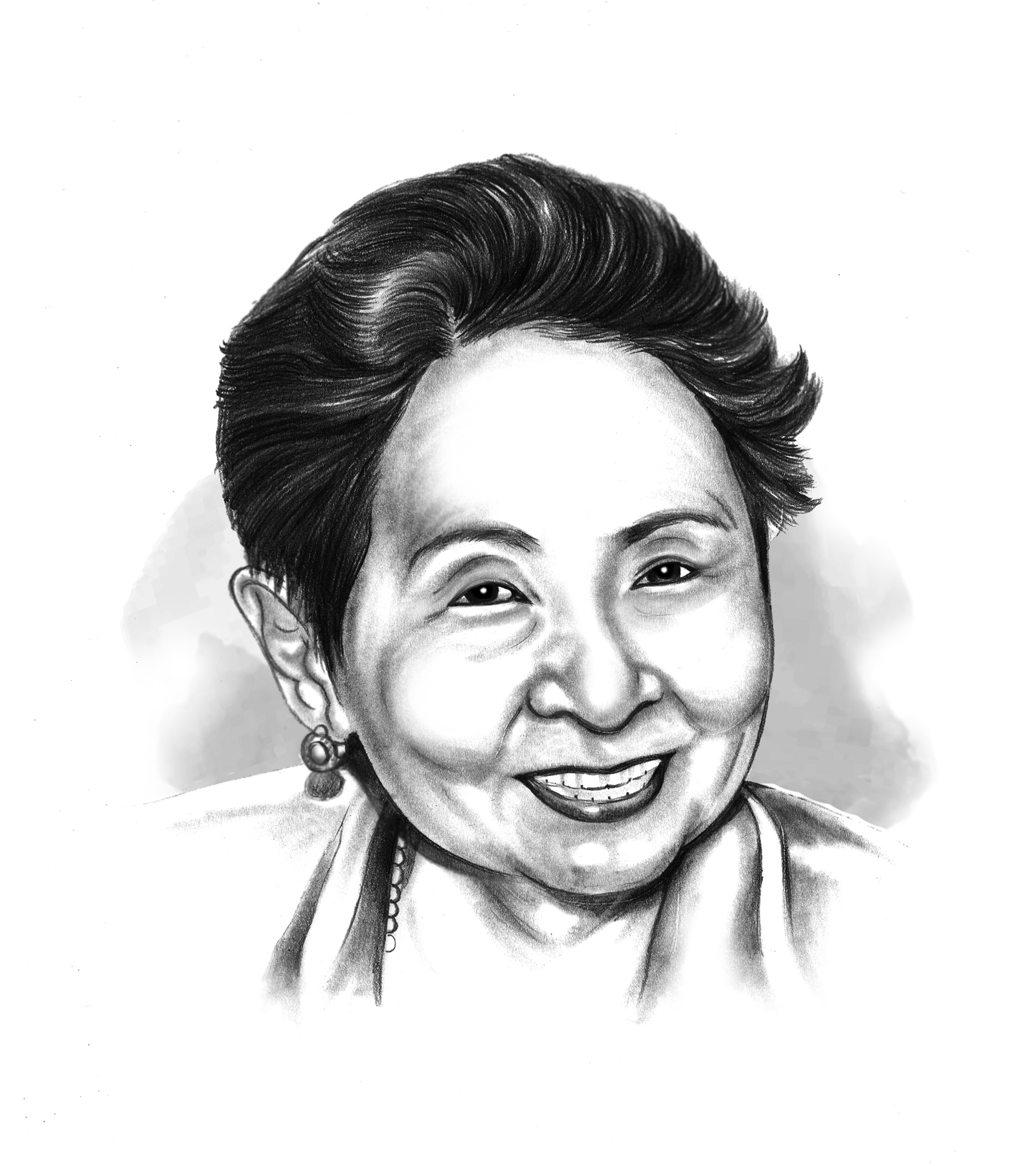PAGBABAGO

The youth of today, is often referred to as “Generation Alpha.” They make up the largest percentage among the young, middle-age adults and senior citizens. Influencers in social media and content creators agree that if we have to sell an idea or product, we must address the message to the majority in the population. Which would then be the youth from Generation Alpha and their predecessors, Gen Z.
Recently, a colleague who teaches communication in a private school asked me if I could prepare a quote that would accompany his syllabus on op-ed and column writing. I sent him a paragraph that reflected my partiality, which is writing to my own generation or one before that consists primarily of adults and senior citizens. Thus, I would like to augment my remarks with perceptions on content aimed at the majority audience.
First of all, current opinion writing, whether aimed at the youth or adults, is still print-oriented. We communicate in a medium that is giving way to the audiovisual and digital. And op-ed and column writers have a critical role to play in influencing the direction of change.
In this regard, concepts of social, political, economic, cultural and technological change (elements in a comprehensive development framework or what is now described as sustainable development), are communicated in the traditional modes — columns and editorials focused on concepts that are expressed in written language.
Thus, the search for alternative modes like storytelling narrated through cartoons, comic books or animation in movies and TV. This, while continuing to disseminate the message in traditional print for newspaper or magazine. Here, the recommendation is to make it brief and limited to an average of 800 words.
The use of cartoons and comics for social, cultural, and political change is a promising area for opinion writers engaged in social change. A political message framed in a cartoon or comics strip can set an agenda that is much more compelling than one communicated in words and in print.
The successful communicator, whether for visual or print media must be equipped with empathy and understanding of the human condition, our strengths and weaknesses, and skills in engaging in dialogue or what we describe as facilitative skills.
Having said the above, let me share what research says about opinion writing. From Harvard Kennedy School of Government’s Communication program, (2013), here are some suggestions for the journalist:
* An Opinion piece must have a strong, informed, and focused opinion on a case of relevance, a clearly defined point of view that represents clarity of thinking. It must contain a strong, distinctive voice of the writer and grounded on good research. It is worthwhile to include sensory data (touch, taste, smell, sound). The first line is crucial as it is expected to attract reader’s attention. It must also have a strong ending that is expected to sum up the piece.
* Voice: Having a strong voice is critical. It could be contemplative, descriptive, experienced, informative, introspective, observant, reportorial, humorous.
Among resources suggested are:
* Op-Ed Project (http://www.the.opedproject.org)
* How to Write an Op-Ed Article (https.//www.umass.edu/pep/sites/default/files/how_to_write_an_oped
Source: Harvard Kennedy School (http://www. Hkcommunications/program.org)
Finally, because the op-ed writer has an important role to play in promoting the sustainability of our institutions, programs, and resources, every opinion writer must be able to demonstrate these attributes: an unquenchable hunger for new learning. Whether young or old, one must continue to seek new information and the desire to share this knowledge. In the process, one seeks affirmation by the willingness to engage in a debate in the search for truth.